Defense Daily
-
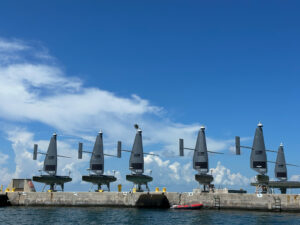 Unmanned Systems
Unmanned SystemsSaildrone Envisions European Expansion After Baltic Sea Exercises
The founder and CEO of unmanned surface vessel (USV) company Saildrone said the company is ripe for significant expansion to more European customers following a June NATO test and demonstration […]
Tagged in: -
 Advanced / Transformational Technology
Advanced / Transformational TechnologyDoD AI Office Awards Frontier AI Contracts For Workflow Needs
The Defense Department’s Chief Digital and Artificial Intelligence Office (CDAO) has awarded contracts to Anthropic, Alphabet’s [GOOG] Google, OpenAI, and Elon Musk’s xAI to help the department leverage autonomous models […]
Tagged in: -
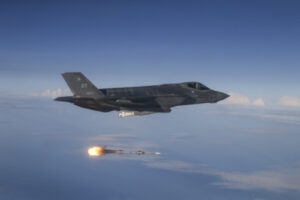 Uncategorized
UncategorizedHASC Releases NDAA Text With Nuclear Energy Working Group, Two-Site Pits
The House Armed Service’s starting version of the National Defense Authorization Act (NDAA) would authorize $25.4 billion to the National Nuclear Security Administration (NNSA) and establish a New Advanced Nuclear […]
Tagged in: -
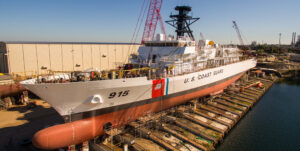 Homeland Security
Homeland SecurityBREAKING: Noem Terminates Eastern Shipbuilding’s Work For Third And Fourth OPCs
Homeland Security Secretary Kristi Noem last Friday said she has canceled Eastern Shipbuilding Group’s work for the final two Offshore Patrol Cutters (OPCs) under the company’s contract with the Coast […]
Tagged in: -
Monday, July 14, 2025
- Defense Watch: IAM Contract Negotiations, Dutch V-Bats, B-2 Unit Costs, Starship Propulsion
- HASC, SASC NDAAs Differ On Topline By Billions, Agree On Pursuing Major Acquisition Reforms
- Congressionally Established DoD Progress Payment Pilot Program On Hold
- SASC Wants The Joint Back In Joint C-sUAS Office With Transfer To OSD
- Authorizers Support New LSM Plan, Impose Vessel Construction Manager Strategy
- Coast Guard Seeks Sources For Interim Long-Range C2 Plane That Also Serves DHS Chief
-
Monday, July 14, 2025
- Defense Watch: IAM Contract Negotiations, Dutch V-Bats, B-2 Unit Costs, Starship Propulsion
- HASC, SASC NDAAs Differ On Topline By Billions, Agree On Pursuing Major Acquisition Reforms
- SASC Wants The Joint Back In Joint C-sUAS Office With Transfer To OSD
- Authorizers Support New LSM Plan, Impose Vessel Construction Manager Strategy
- Coast Guard Seeks Sources For Interim Long-Range C2 Plane That Also Serves DHS Chief
- Congressionally Established DoD Progress Payment Pilot Program On Hold
-
 Congress
CongressHASC, SASC NDAAs Differ On Topline By Billions, Agree On Pursuing Major Acquisition Reforms
The House and Senate Armed Services Committees have proposed conflicting toplines in their respective versions of the next defense policy bill, with the latter adopting a $32.1 billion boost, while […]
Tagged in: -
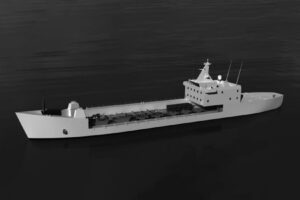 Navy/USMC
Navy/USMCAuthorizers Support New LSM Plan, Impose Vessel Construction Manager Strategy
The newly released House and Senate Armed Services Committee’s FY 2026 defense authorization bills both support the Navy’s latest strategy to move forward with a non-developmental design for the Medium […]
Tagged in: -
 Homeland Security
Homeland SecurityCoast Guard Seeks Sources For Interim Long-Range C2 Plane That Also Serves DHS Chief
The Coast Guard last Thursday issued a source sought notice to help it survey the market for a potential lease of a Gulfstream jet that could be used as one […]
Tagged in: -
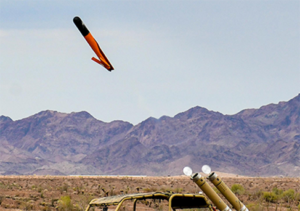 Budget
BudgetSASC Wants The Joint Back In Joint C-sUAS Office With Transfer To OSD
The Senate Armed Services Committee (SASC) is recommending that leadership of a Defense Department office charged with assessing counter-drone technologies and developing related requirements and training be transferred from the […]

